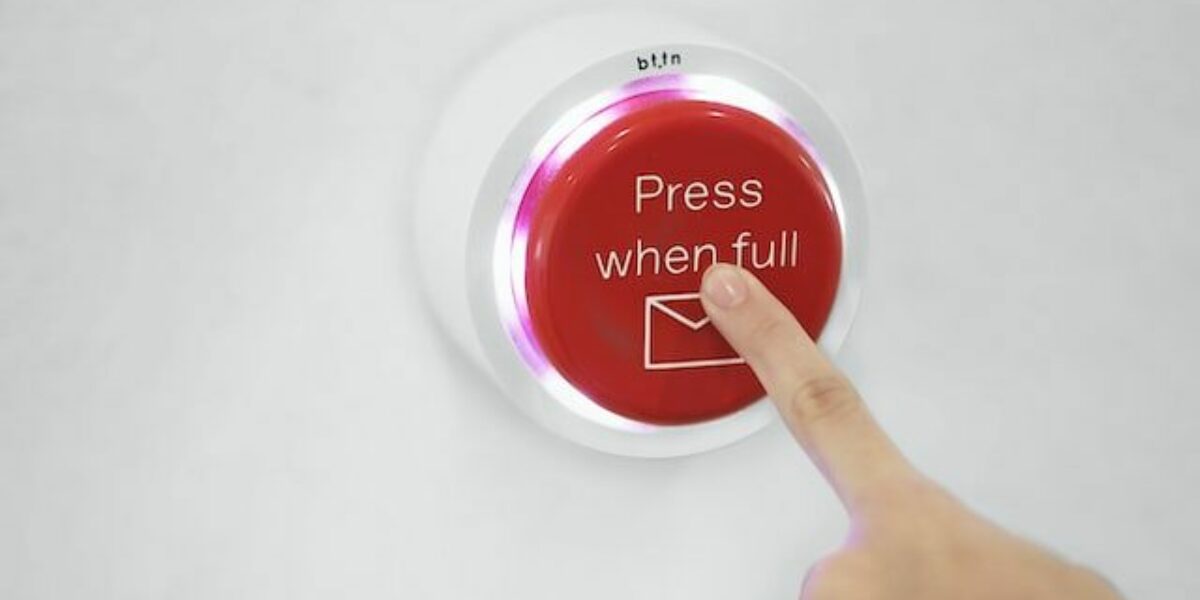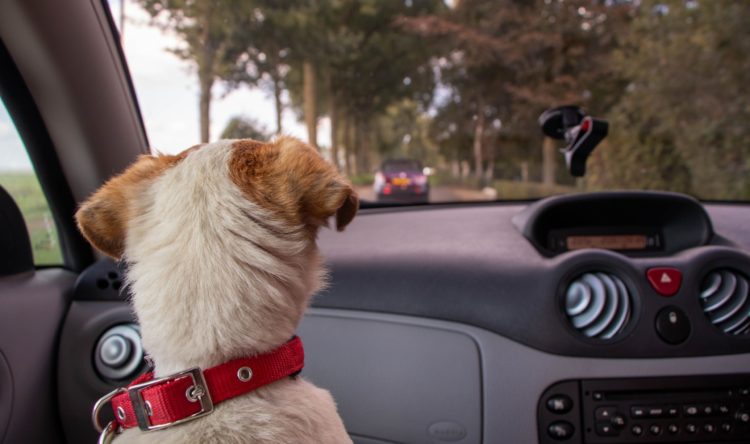How can we train ourselves to react differently to conflict or challenge?
Learning Mindfulness and Compassion can help
It’s quite simple really, Mindfulness means paying attention to things that are happening in and around us from a non judgemental view-point. We can learn to become the watcher, the observer, and Mindfulness allows us to notice our thoughts, judgements and responses, rather than simply just react to them.
Choosing outcomes
The difference is, it can feel like we have more choice as to what happens next.
We might even choose to react, shout and get angry (after all we’re human beings with the full range of emotions) but sometimes this isn’t helpful in the long term or in continuous repeated patterns. Getting angry and then stepping back can enable the end result to play out very differently than how it otherwise might. Sometimes we get angry and then the anger sticks around and we hold grudges for hours, days…. or even years.

Pushing impulses
But why do we react so easily when certain situations or people push our buttons?
Because our minds are always looking for problems. It’s like a juicy soap opera and we can often find ourselves thriving on it. The adrenaline pumps as our minds and bodies respond to what we’re witnessing, followed by the dopamine and soothing biochemicals when we go and make a cup of tea and remember they’re all just actors (phew what a relief!).
As human’s we are wired for this emotional cycle and it’s why we have survived for thousands of years.
We live the soap opera every day because in our modern 24/7 lives – it doesn’t stop. We get triggered and soothed over and over again. We don’t even notice it’s happening most of the time because 47% of our lives are spent on autopilot.
The trouble starts when we lose the balance between triggered and soothed. We can get triggered a lot but never properly get the soothing part of the process. We never get to go and make that cup of tea and, instead, stay stuck in the soap opera. Our anxiety levels continue to be stimulated and are never given the down time to relax and switch off. It’s exhausting and we can easily begin to struggle with even the basics. Our minds never get to switch off properly.

Doors to down time
Imagine if there was a switch… or actually it’s a more like a dial.
If you were in a house where loud music was playing and there was no door to the room, you might be driven mad by it. Mindfulness is a bit like fitting a door to the room where the music is playing. It’s still playing, you can still hear it, it’s just not as loud.
Mindfulness can be described as turning down the volume on reactivity.
The building and maintaining of the door involves meditation. The practice of being still and silent and allowing our base level of calm to just exist. We strip back all the layers on top of thoughts about the future or the past or what did happen or what may happen.
In meditation, we notice our thoughts, like clouds passing by in the sky. However, we don’t judge them or get caught up in them and we keep coming back to our practice of meditation. As time goes on, the clouds thin out and become more sparse, we notice that the space in our heads is quieter and generally calmer.
Distraction
Paradoxically it is not always the meditation itself that makes us feel calm, it is the time in our lives in between meditations, where we are just going about our day where we notice that our minds are quieter and we are less reactive or triggered.
Some of our challenges and gripes can begin to be met with curiosity. We might catch ourselves reacting and then think to ourselves, “That’s interesting, what’s going on here then?”, or “What was all that about?”
We can begin to be questioning of ourselves and gain more insight and understanding of why we act the way we do. Why do some things annoy or upset us and other things don’t? It allows us to understand ourselves better. This understanding enables us to convey our own needs better and also recognise when they are not being met.

One for all and…
It’s a ripple effect which extends to everyone around us.
Some of the challenges of being an ADI which are supported by Mindfulness are:
Understanding human behaviour: By developing our understanding, we can find new ways to support our pupils and ourselves. We also become the watcher of others, rather than simply the judge and the jury.
Mindfulness can help support new ways to manage physical pain and even prevent it.
Emotional Management and the build-up to stress: Our bodies tell us a lot if we know how to listen. Mindfulness teaches us about our somatic experience (information provided by our bodies and experiences) and how to recognise ours and our pupils’ physical responses to stress.
The way we think affects how much we suffer. Meditation strengthens the ability to choose how we think.
On the road the happier healthy lives
Mindfulness leads to more self-compassion which is a very powerful tool that actually allows us to be stronger and more supportive for other people without leading to burnout or overwhelming ourselves.
We can train ourselves to react differently to conflict or challenge through the practice of Mindfulness and Compassion.

San Harper is a Grade A driving instructor and has been working in the driver training industry for 18 years. As a qualified teacher of several Mindfulness based Interventions, San has been designing and delivering courses to ADIs throughout the UK and corporate global teams.







